Oh, It’s Jew Again
When Jew hatred rears its familiar ugly head, it’s time to ask—what does it even mean to be Jewish? Here are the fiction and non-fiction books you need to help find an answer
Amidst all the chaos, fear, and uncertainty of this war, it seems like a beacon of light is piercing through the darkness, illuminating and awakening something inside so many Jewish people.
You see videos of previously unaffiliated Jews espousing their pride and love for Judaism and the Jewish People, Jews who had never before kept Shabbos, put on tefillin, or baked challah, are keeping those mitzvot for the first time. Even within observant Jewish communities, there is a feeling of oneness, and togetherness for Jews of all stripes, a love that is transcending communal and religious boundaries.
We, as a nation, are never as close as when we feel the hatred of the world closing in on us. All our differences melt away when we see ourselves as the antisemites see us. To them, we are not Hassidic, Ultra-Orthodox, Modern Orthodox, Reform, traditional, and “basically goyish”—no, to them we are all the same: Jewish.
During the Holocaust, the distinction between culturally assimilated, "Germanized" Jews and those from the "alte heim," like the Polish Jews, evaporated as they all faced the same treatment. Today, we witness a disconcerting parallel, as antisemitism no longer hides behind the veil of "anti-Zionism."
What’s emerging now though is different than in the times of the Holocaust. We are not cowering with fear. We are not yielding to terror, nor are we concealing our Jewish identities. Instead, we stand united, displaying resilience, pride, and strength as a collective force.
In these times of heightened awareness and embrace of our Jewish identity, some may find themselves grappling with the essence of what being Jewish truly means. While we stand united against external threats, the significance of being Jewish extends beyond a collective front in the face of adversity. It prompts introspection—what does it mean to be a Jew, and why does it matter?
The following are a mix of fiction and nonfiction books that come, I believe, to answer these fundamental questions.
To our non-Jewish subscribers, though this may be of little interest to you, if you do choose to pick up any of these books, you may just learn something about a people whose history stretches as far back as history itself.
A Letter in the Scroll by Rabbi Jonathan Sacks
This book was written by Rabbi Sacks as a gift to his son and daughter-in-law for their wedding. He wrote this book to answer the questions of “What does it mean to be a Jew?” and “Why should I carry on the Jewish heritage?” It’s written in Rabbi Sacks’ inimitable style, beautifully worded, with a treasure trove of sources, and it really does leave you with a sense of appreciation and connection for the generations past and future.
We Jews: Who Are We and What Should We Do? by Rabbi Adin Steinsaltz
Rabbi Adin Steinsaltz addresses pressing questions about Jewish identity with a mix of wisdom and strength. From pondering the nation versus religion dilemma to debunking age-old stereotypes, Steinsaltz navigates contemporary Jewish concerns, offering insightful and uplifting answers. He also pushes back against the idea of the survival of the Jewish nation for its own sake—asserting that the Jewish people exist to serve G-d and keep the Torah.
The Lonely Man of Faith by Rabbi Joseph B. Soloveitchik
Rabbi Joseph B. Soloveitchik, known as "The Rav," delves into the intrinsic loneliness of faith in our materialistic society, using the story of Adam and Eve to bridge traditional Judaism with the modern world. Through insightful connections with Western philosophers and a poignant exploration of prayer, Soloveitchik's profound commitment and intellectual courage shine, offering guidance that transcends religious boundaries in the search for meaning and connection.
The Forgotten by Elie Wiesel
This is a powerful novel that weaves together the personal and collective memories of a Holocaust survivor named Elhanan Rosenbaum. As Rosenbaum grapples with the haunting traumas of his past, the narrative unfolds to reveal the enduring impact of historical atrocities on individual lives and the collective consciousness.
Exodus by Leon Uris
You will love this epic historical novel that follows the lives of a diverse group of characters involved in the founding of the State of Israel. Through the intertwined narratives of Holocaust survivors, British intelligence officers, and Zionist fighters, Uris captures the tumultuous events leading up to the establishment of Israel in 1948, blending personal stories with the broader historical context.
The Chosen by Chaim Potok
A poignant coming-of-age novel that revolves around the friendship between two Jewish boys in 1940s Brooklyn. Set against the backdrop of a post-World War II world and the complexities of maintaining Jewish tradition in that world, the novel explores themes of friendship, familial expectations, and the clash between religious and secular life.
Share your own recommendations in the comments, or by replying to this email!
Have a great week and keep reading,
Arty
What did you read over Shabbos?
A selection of shared Shabbos reads
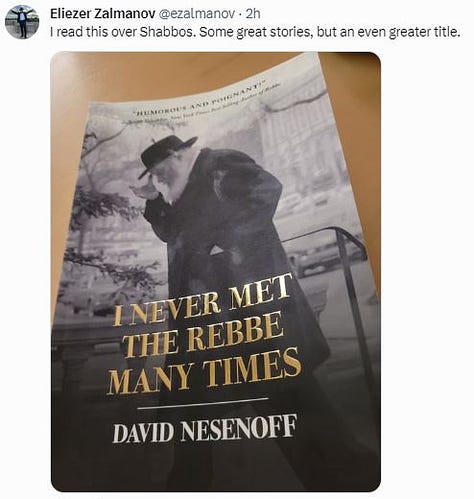
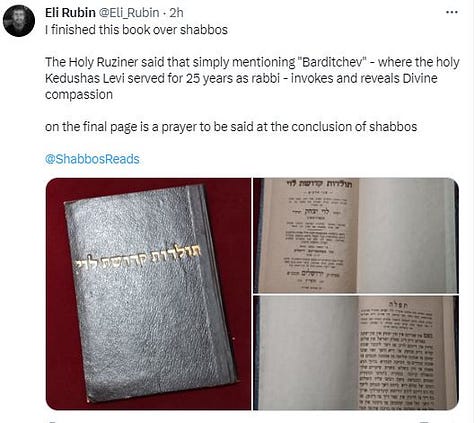
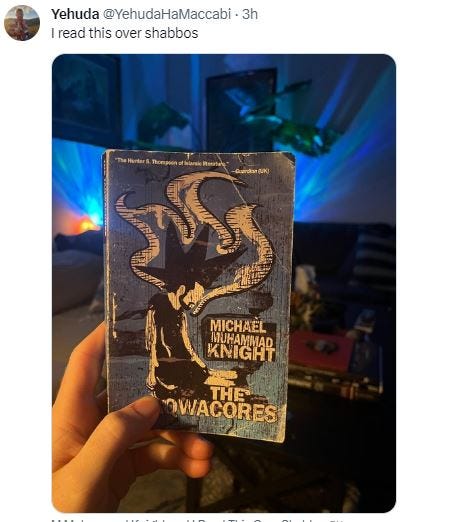

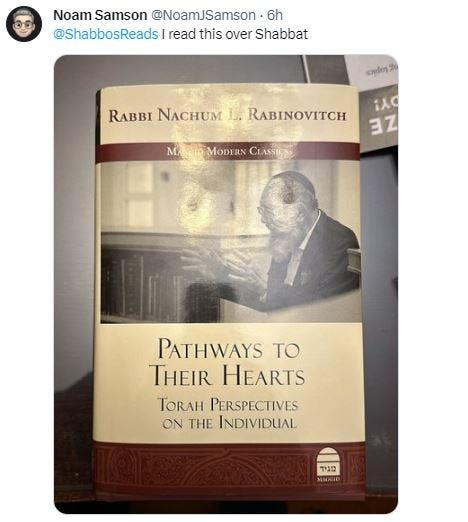


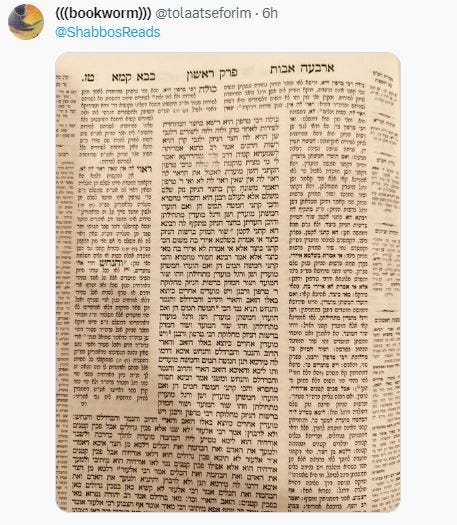
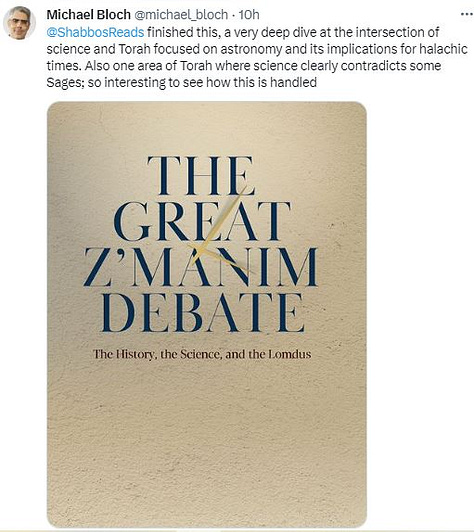


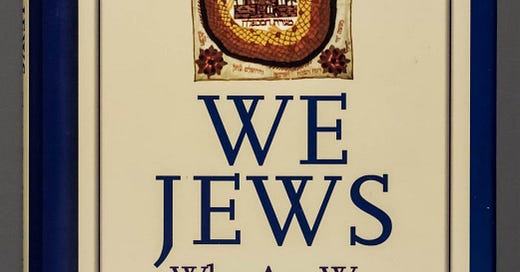


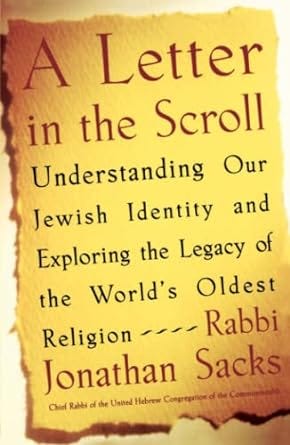

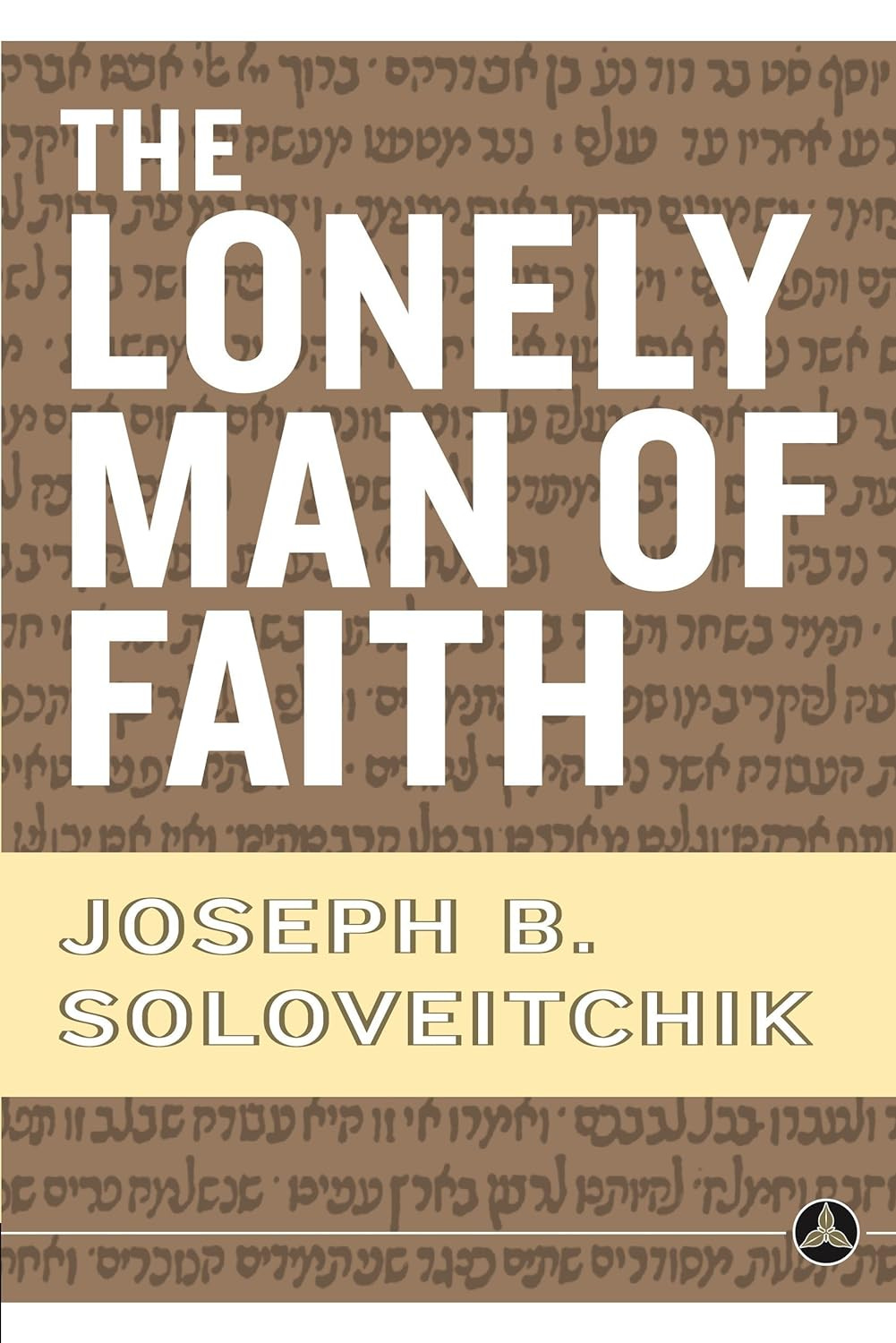
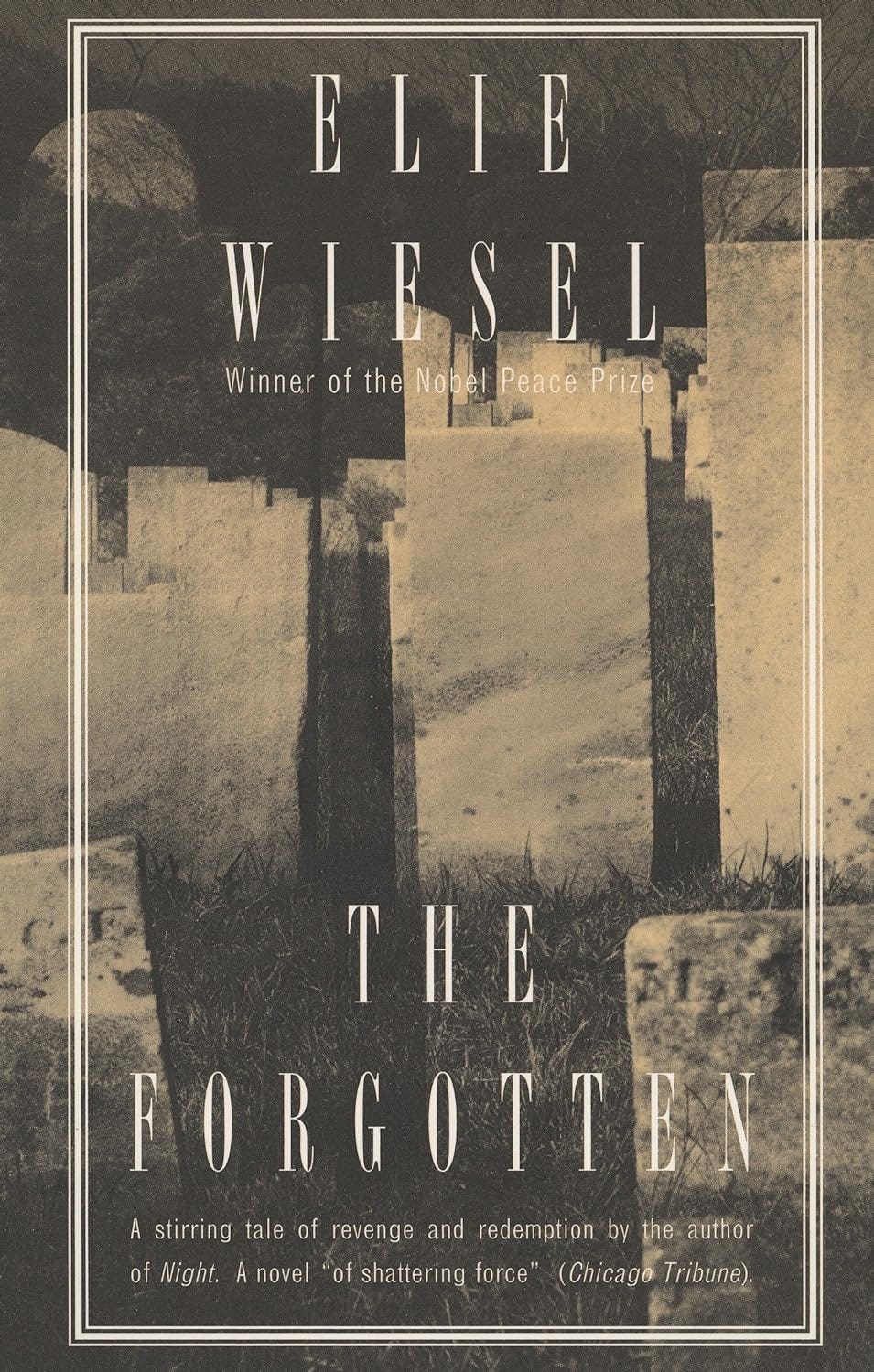


I lack a worthy response. So I will say you are in my heart and mind 🤍
https://open.substack.com/pub/daastorah/p/a-bookseller-defends-kollel?utm_source=share&utm_medium=android&r=33pit